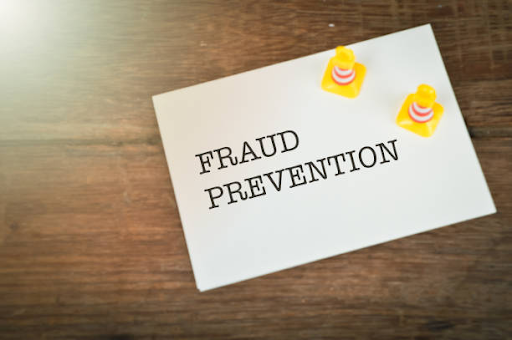
frontline of safeguarding sensitive client information. As cybercriminals continually refine their methods, it becomes imperative for CPAs to stay ahead and implement robust strategies to prevent tax identity theft. This comprehensive guide outlines key measures CPAs can take to fortify their defenses and protect client data.
Email Security: Mitigating the Risks of Tax Identity Theft
Emails serve as a common conduit for cybercriminals attempting to steal valuable data. CPAs often encounter threats such as email spoofing, executive fraud, deceptive website links, and malware-laden attachments. To mitigate these risks:
Implement Anti-Phishing Software:
Invest in reputable anti-phishing software to detect and eliminate phishing attempts before they reach your inbox. These tools act as a proactive defense against evolving email threats.
Vigilant Sender and Link Inspection:
Exercise caution by hovering over the sender's details and any embedded links within an email before clicking. Scrutinize visible text for misspellings or errors, as cybercriminals often rely on subtle discrepancies to deceive recipients.
Attachment Prudence:
Refrain from opening attachments from unfamiliar sources. Verify the legitimacy of the sender through additional communication channels, such as a phone call or internal messaging platforms.
Authentication Protocols:
Encourage the implementation of advanced authentication protocols within your organization to verify the legitimacy of emails and minimize the risk of identity impersonation.
Strengthening Password Security: A Vital Line of Defense
The proliferation of digital platforms necessitates the management of numerous passwords. Adopting robust password practices is crucial for preventing unauthorized access:
Password Monitoring Tools:
Leverage password monitoring or management tools like Keeper to assess the security of passwords associated with you or your firm. These tools notify you of compromised passwords, allowing prompt remediation.
Complex Password Creation:
Formulate strong passwords that incorporate a mix of capital letters, numbers, and special characters. Avoid predictable combinations, opting for complexity to enhance security.
Diversification of Passwords:
Resist the temptation to use the same password across multiple accounts. Diversifying passwords reduces the risk of a single compromised credential compromising multiple platforms.
Secure Password Storage:
Avoid storing passwords visibly, such as on a post-it note. Utilize secure password management tools that encrypt and protect sensitive credentials.
Regular Password Updates:
Enforce a policy of changing passwords at least once each quarter to proactively guard against unauthorized access.
Securing Outgoing Information: Safeguarding Client Data in Transit
CPAs frequently transmit sensitive client data, necessitating stringent measures to ensure the security of information in transit:
Wi-Fi Security:
Avoid transmitting data or accessing company files through open Wi-Fi sources. If public or open Wi-Fi is unavoidable, employ a Virtual Private Network (VPN) to encrypt communication and enhance security.
File and Email Encryption:
Prioritize the encryption of sensitive files and emails before transmission. Encryption adds an additional layer of protection, rendering intercepted data useless to unauthorized entities.
Software and System Updates:
Regularly update software and operating systems to patch vulnerabilities and mitigate potential security gaps. Outdated software can expose CPAs to exploitation by cybercriminals.
Cybersecurity Education:
Stay informed about the latest developments in cybersecurity by participating in Continuing Professional Education (CPE) courses. Platforms like Vishal offer cybersecurity CPE courses tailored for CPAs, equipping them with the knowledge needed to navigate the complexities of data security.
Empowering CPAs in the Fight Against Tax Identity Theft
As tax professionals face increasingly sophisticated cyber threats, the onus is on CPAs to fortify their defenses and protect client information from tax identity theft. By implementing stringent email security measures, strengthening password practices, securing outgoing information, and staying abreast of cybersecurity through targeted education, CPAs can navigate the complexities of the digital landscape with confidence. As the realm of cybersecurity continues to evolve, proactive measures and ongoing education emerge as indispensable tools for CPAs dedicated to preserving the integrity of client data and upholding the trust placed in their hands.
